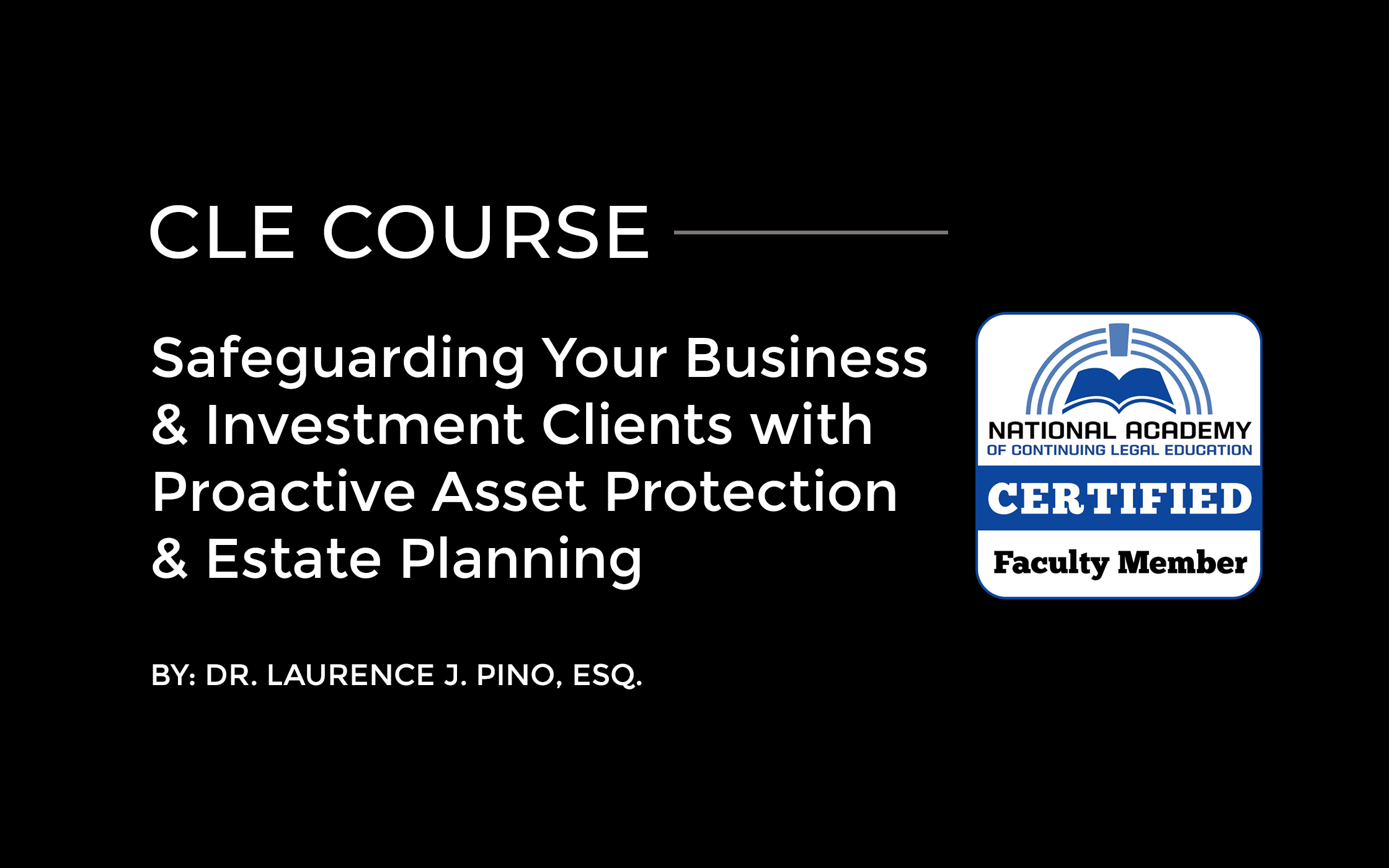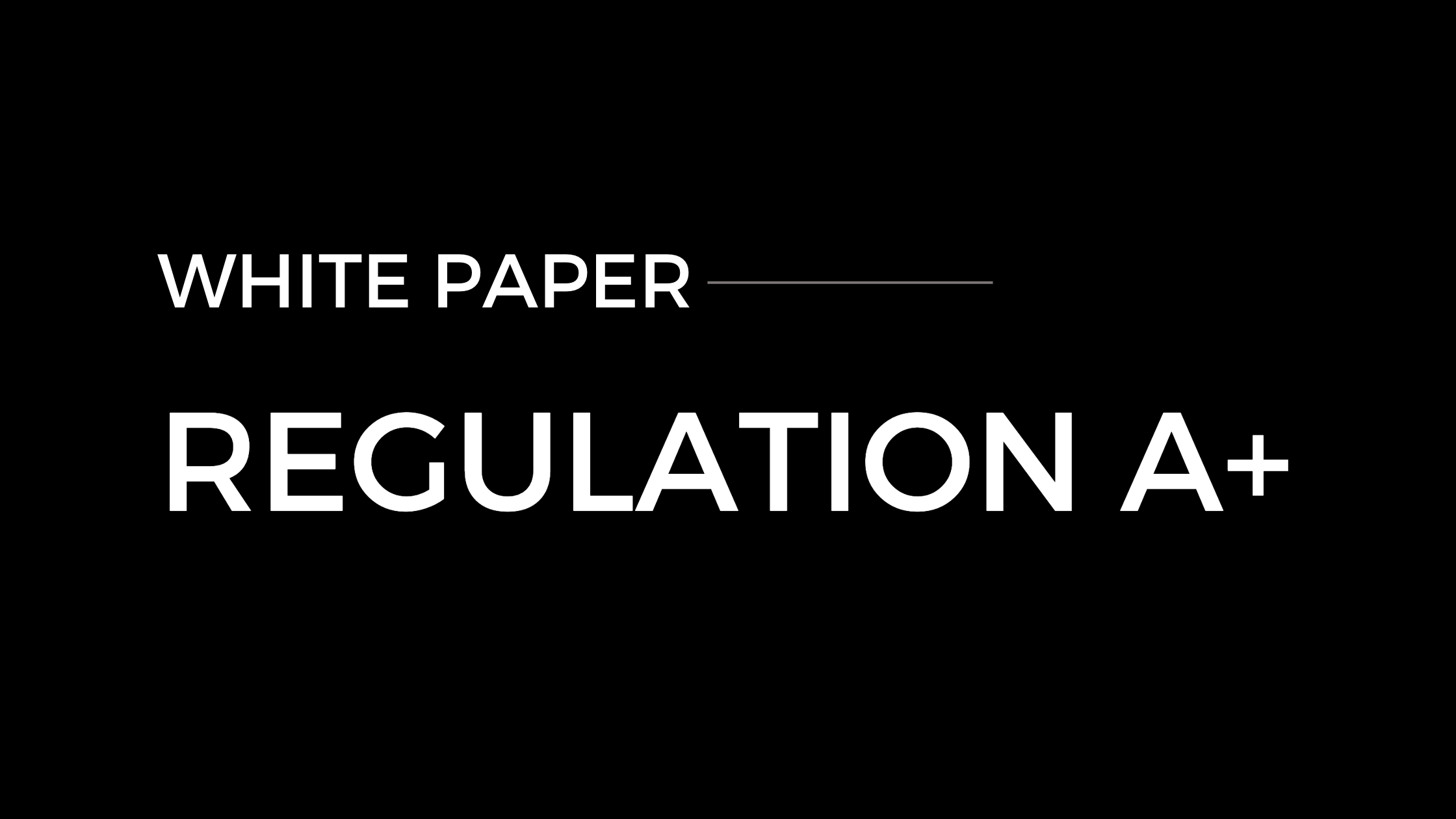Being locked out of your car or house can be a frustrating, time-consuming, and sometimes costly experience. Luckily, depending on your security system, it is as easy as calling a locksmith. What happens, though, if you are a trustee or executor and you are locked out of important documents or digital accounts? Best practices for ensuring smooth estate succession incorporates not only having the proper estate succession structures, but also the logistics of where to properly store hard copies of important documents. This article addresses some best practices for safekeeping of your important documents; a follow-up article shall address digital accounts.
After you’ve created your estate planning documents, one of the next decisions is where to store those documents so that your executor or trustee can easily find the original documents when needed. Because the executor or trustee will need the original will to handle your affairs most efficiently, such documents should be stored in a safe and accessible place, and the executor or trustee should know exactly where such estate planning documents are kept and how to access them.
If you decide to store the original copy of your estate documents in your home or personal business, they should be stored, at a minimum, in a locked filing cabinet or safe. If you store your documents in a location that requires a combination, password, or key for entry, be sure to share that information with someone you trust, such as your spouse, your adult children, your CPA, or your attorney. One of the best at-home options would be to store them in a waterproof and fireproof safe (ideally, the safe would be large and heavy or built into the structure of the home to help prevent thieves from taking the actual safe.)
While some people initially think a safety deposit box is their best option, unless the box is jointly managed (and your survivors are authorized to access the safe deposit box), the bank will likely require a court order to access the box, which could take a long time. Florida law provides that if a safe-deposit box is rented or leased in the names of two or more lessees, access to the safe-deposit box will be granted to either of them, regardless of whether the other lessee is living or competent (Florida Statutes § 655.937 ). Beware, though, on what is specifically provided in the lease or rental agreement with the bank regarding their individual policy. Additionally, access to the box is not the same as ownership of the contents of the box. At this time, Florida does not have a specific statute that determines the ownership of the contents of safe deposit boxes. Furthermore, the registration of the safe deposit box may have nothing to do with ownership of the contents of the box. The general rule is that contents of the safe deposit box are part of the probate estate unless the contents (a) are registered to a trust; (b) ownership of the contents is in some form of joint ownership; or (c) the co-lessor can prove ownership separate and apart from the deceased person. The lesson is clear, to be safe, never store your will in a safe deposit box unless you can be fairly certain someone else has access.
If you spent time, effort, and money to protect your assets and leave a legacy, you should protect the documents which protect you in order to make the disbursement of your assets reflect your desire.
Should you need to review your security plan, feel free to reach out to our offices for a free consultation. Our legal professionals are on hand to assist you.




